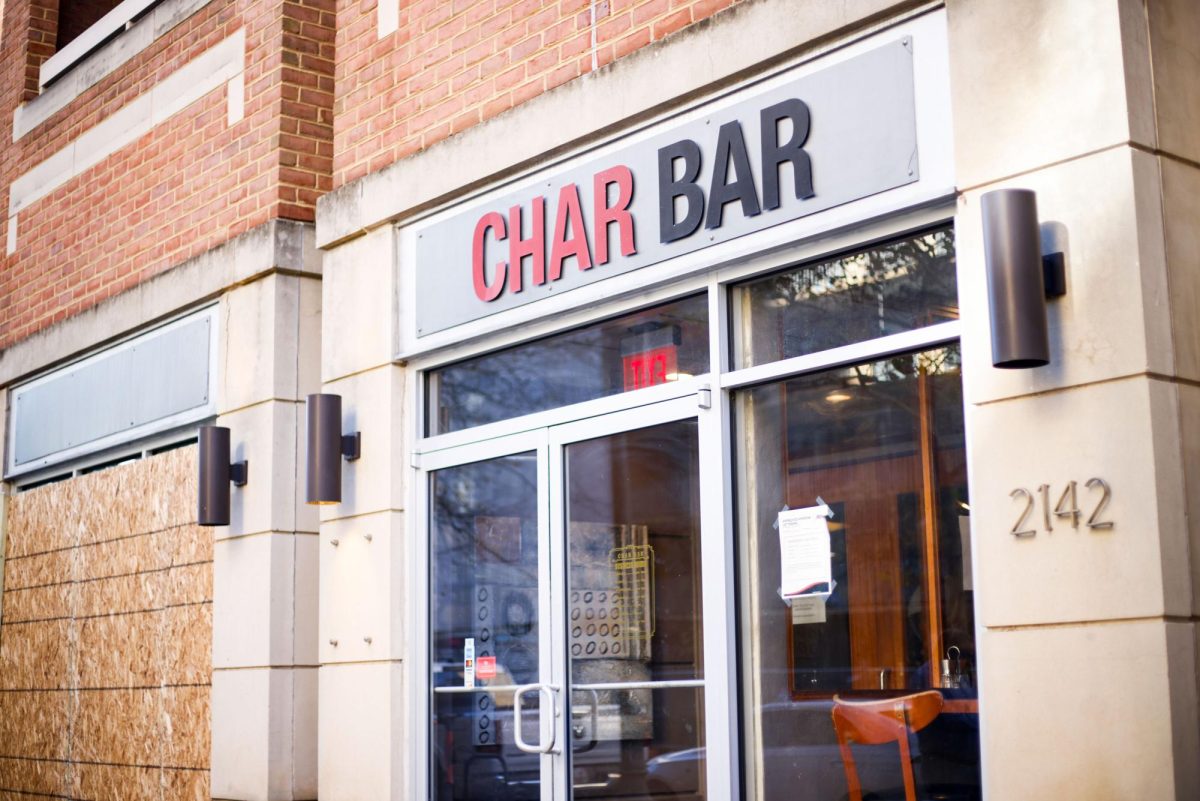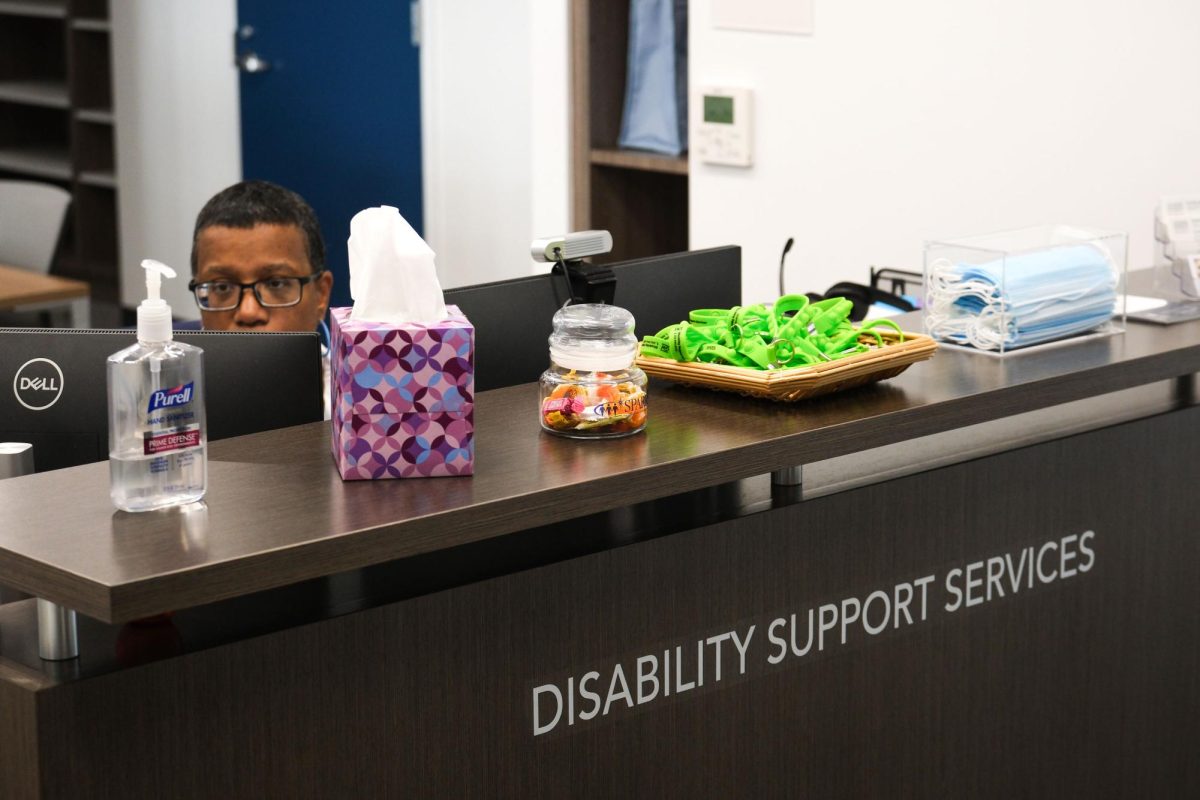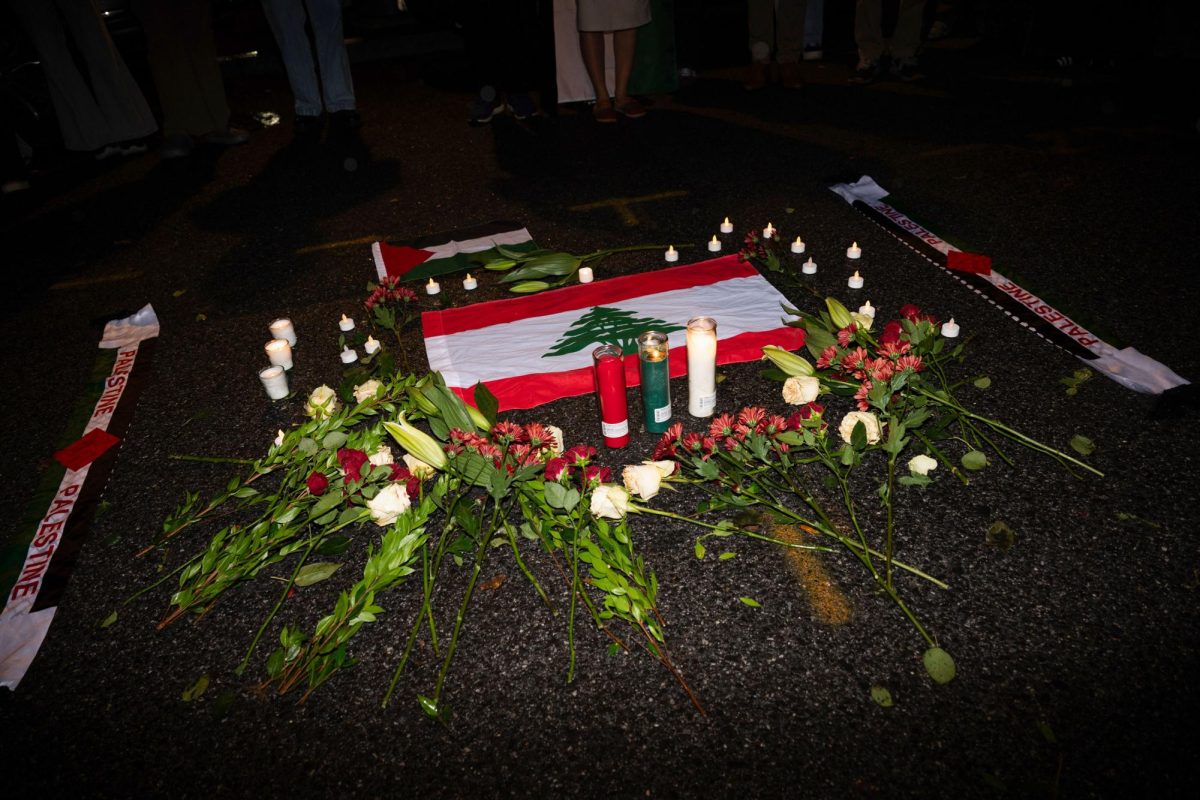A group at Georgetown is calling for an increase in wages for the school’s public safety officers, after two recent anti-gay assaults on campus.
In an open letter to Georgetown President Jack DeGoia, the Georgetown Solidarity Committee, which was established to support the struggles of people working on Georgetown’s campus, said that low salaries “hinder the retention of employees and undervalue long-term officers with the experiential knowledge of Georgetown, which… leaves the Georgetown community vulnerable to future incident.”
The letter was posted on the group’s Web site on Nov. 6.
The Solidarity Committee has insisted on a $4 per hour wage increase over the next three years for Department of Public Safety officers.
“Even in hard economic times we must not compromise the respect, security, and well-being of those charged with keeping us safe,” the letter reads.
Though she declined to comment on Georgetown’s situation, UPD Chief Dolores Stafford said she agrees that wages play a big role in law enforcement.
“Generally, paying a competitive salary in the area of law enforcement and security is important,” she said in an e-mail.
The starting salary for GW UPD officers is $39,000 per year.
The hourly rate for a GW special police officer is $18.86 per hour, while the starting hourly rate for patrol officers at Georgetown is between $15 and $16.50 per hour, according to university Web sites.
“Our pay structure is above average when compared to other similar campus police agencies in this region,” Stafford said.
Some students, however, aren’t too convinced that higher wages in law enforcement contribute to safer communities, the idea propagated by the Solidarity Committee’s open letter.
“Police officers become officers because they want to protect the community, not because they want to be rich,” GW freshman James Lanfranchi said.
Georgetown addressed the Solidarity Committee’s concerns regarding DPS wages in a letter.
“Georgetown University, consistent with its long standing commitment to be a good employer, has proactively sought out and been successful in achieving the development and maintenance of a workforce in DPS that is well trained and competitively compensated,” Spiros Dimolitsas, vice president and chief operating officer of Georgetown University, said in the letter.
Dimolitsas added that training tactics and officer mentoring and supervision, aside from pay, have become integral parts in the “sustained commitment to enhance the overall effectiveness of our campus police.”
The letter did very little to quell the Solidarity Committee’s concerns, however. On Friday, Georgetown students, professors, and staff rallied in the rain for DPS.
30 Georgetown student organizations and hundreds of individuals have signed a petition to be presented to DeGioia, according to a news release about the rally.
Even still, campus police, including UPD, make substantially less per year than officers who are part of the Metropolitan Police Department. According to the MPD Web site, officers in the force make a starting salary of about $49,000 per year.






